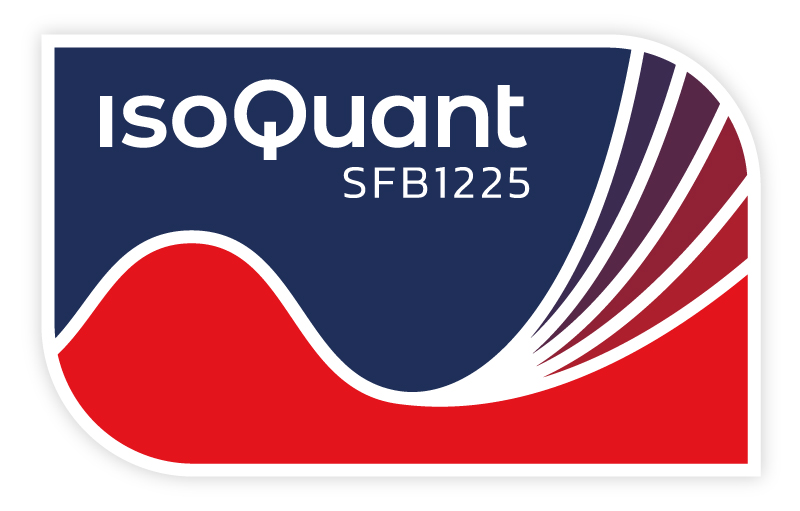Quantum Systems in Extreme Conditions
Heidelberg University (Germany)
Overview
The understanding of quantum systems in extreme conditions requires the resolution of outstanding questions, relevant for a wide range of topical applications from particle and nuclear physics to atomic and condensed matter physics. Many such systems exhibit characteristic common properties despite dramatic differences in key parameters such as temperature, density, field strength and others. The existence of universal regimes, where even quantitative agreements between seemingly disparate physical systems can be observed, drives a remarkable convergence of research activities across traditional lines of specialisation.
The International Conference on Quantum Systems in Extreme Conditions (QSEC2019), September 23-27, brings together experimental and theoretical researchers working on topics that are particularly driven by such cross-disciplinary developments, in particular:
- Far from equilibrium dynamics and thermalisation of quantum systems
- Quantum systems with strong fields
- Phase structure of systems in extreme conditions
Keynote talks will provide overviews about quantum systems in extreme conditions in heavy ion collisions, precision spectroscopy in highly charged ions, and ultracold quantum gases. Contributed talks are dedicated to recent progress in these systems. Abundant discussion time and two poster sessions are foreseen for the vital interactions between experimental and theoretical physicists working in the different areas.
Keynote Speakers
Cheng Chin (University of Chicago)
Gerald Dunne (University of Connecticut)
Kenji Fukushima (University of Tokyo)
Zoran Hadzibabic (University of Cambridge)
Alexander Kalweit (CERN)
Piet Schmidt (Leibniz University Hannover & PTB)
Raju Venugopalan (Brookhaven National Laboratory)
Peter Zoller (University of Innsbruck & IQOQI)
Quantum Systems in Extreme Conditions is organized by the DFG funded collaborative research center ISOQUANT (SFB 1225)
